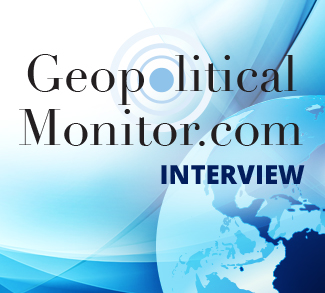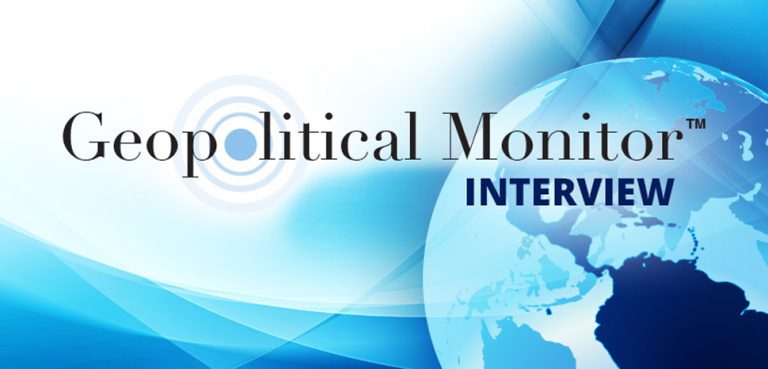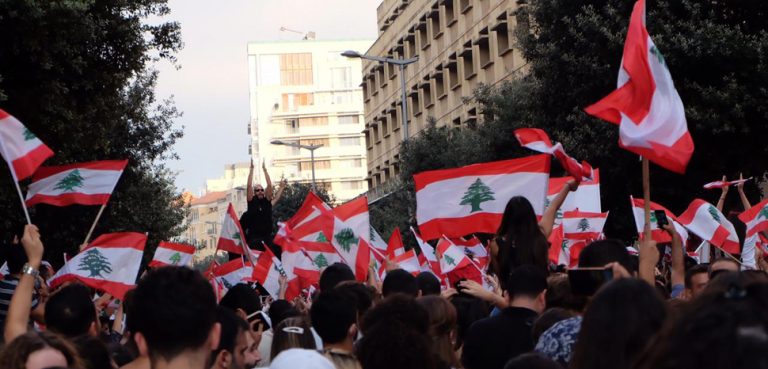Geopoliticalmonitor.com’s Geneva-based Director Benjamin Syme Van Ameringen sits down with H.E. Ambassador Faizel Ismail, South Africa’s Permanent Representative to the World Trade Organization (WTO), to discuss TRIPS, the BRICS, and what the future might hold for one of the world’s preeminent multilateral forums.
What have been some of the successful outcomes for South Africa (SA) at the WTO since joining the organization nearly 20 years ago?
As you know, South Africa became a new democracy in 1994, about the same time as the birth of the WTO, which came into being on January 1, 1995. So we are roughly the same age, the new democracy and the WTO. Since the launch of the WTO and the new South Africa, we have been a very active member; in part because we took an active role in the development of international agreements and negotiations at the birth of the WTO, and in part because we had been actively participating in the United Nations. These international institutions all played a role in the freedom struggle of SA and in the anti-apartheid movement.
One of the first issues we became actively involved in was the issue of TRIPS (Trade Related Aspects of Intellectual Property Rights) and public health. South Africa was under fire from some companies which claimed we were violating the international intellectual property rights agreements at the WTO because we wanted to purchase medicines at the cheapest price, mostly to address public health problems like AIDS, which had become very prevalent in South Africa. Companies alleged that we were in contravention of intellectual property rights at the WTO, and so we began a discussion with other countries including Brazil, India, and other developing nations. What emerged in fact was the case that South Africa was making was perfectly in line with existing flexibilities in the intellectual property rights agreements of the WTO. And so, this was eventually agreed upon in a declaration, which was endorsed by the WTO at its conference in Doha in 2002.My first role here was to lead the negotiation in the WTO to implement a detailed technical amendment to the TRIPS agreement which provided for this flexibility, which now enables those counties who don’t have the capacity to produce any generic drugs, (which are cheaper than the brand name medicines), or wish to purchase generic drugs from countries that can produce them. If the intended purpose is to address public health they could do so. This was our first major achievement at the WTO.
What is the current state of multilateral diplomacy at the WTO, in your opinion?
To me personally it has been a disappointing stage at the organization. When we first joined the WTO, we were idealistic and very hopeful that we would be able to negotiate agreements that advanced the objectives of the WTO. We hoped to create greater openness, particularly for the products most of interest to poor nations, and we hoped to help integrate these nations into the world economy. We also hoped to address some of the imbalances and injustices of the past. The WTO came into being to open up world markets and it was intended to enable those countries which were smaller and poorer to also participate in the global economy. But what we found in the history of the General Agreement on Tariffs and Trade (GATT) (before the WTO) is that developed countries tended to protect their markets, particularly in those areas where developing countries could compete, like in agriculture, textiles, and clothing. It took many years and many rounds of negotiation (about eight rounds) before this problem began to be addressed at the Uruguay Round.
In the current round of negotiations (The Doha Round) the promise – at least in the mandate – was that these imbalances would be addressed. Unfortunately, the Doha Round is languishing. It has been more than a decade now since this round was launched, and there isn’t much hope that it will be concluded. At this stage it seems there is little appetite in the major developed countries for the reinvigoration of the multilateral process and multilateral trade negotiations. Instead, what we have found is that developed countries have tended to go the bilateral or plurilateral route and so we have seen in the last few years, unfortunately, the proliferation of negotiations like the Trans-Pacific Partnership (TPP) and the Trans-Atlantic Trade and Investment Partnership (TTIP). These platforms have tended to prioritize other negotiations rather than the multilateral effort. And this has been very disappointing.
Have the BRICS group had a major impact in directing the agenda at the WTO?
Yes of course, and the BRICS is only 5 years old. The group is a very recent formation. This year marks the 2nd year of South Africa’s participation.
Having joined this organization (the BRICS) we found that we (South Africa) were able to increase our voice. We were able to increase the influence of developing countries together with the major other developing country groups like the Africa Group, the ACP Group (the African, Caribbean, and Pacific Group of States), and the LDC Group (the Least Developed Countries Group). The BRICS were able to increase the leverage of developing countries in negotiations at the WTO, and to date this has been significant.
In Bali in December we did agree to one binding agreement (trade facilitation). But the larger agenda which relates to the concerns of developing countries like agriculture and the concerns of the LDCs has not been addressed yet. Even though the BRICS have become more influential they have not yet been successful in shifting the balance and putting pressure on the developed countries to make the changes that are necessary.
What have been the greatest challenges for you as ambassador since taking this post?
The WTO is a complex, technical institution that requires a great deal of political skill. To be effective in the organization you need technical support. You also need the support of other countries to build alliances to be effective in an organization that now has about 160 members. One has to be working with a team while constantly working with your constituencies at home. This makes life as a WTO ambassador challenging, but also very interesting. You have to be on your toes every day because unlike in the past when agreements were secretive, today they take place in the full glare of the public. This of course presents new and unique challenges.
Do you believe that the WTO needs to be reformed to remain relevant?
Yes, since my time at the WTO I have written two books. The first book is titled Mainstreaming Development in the WTO and my second book is titled Reforming the WTO. Reforming the WTO is a big concern of South Africa and other developing countries. The main issue, we believe, that needs reforming is the organization’s mandate. The underlying rationale of the institution needs to be reformed. In the past the institution (the WTO) tended to take the view that the main discourse should be one between countries that wanted to exchange concessions in a manner which was competitive and mercantilist, as they say in the trade jargon. We believe that the underlying philosophy of the institution should be one which addresses imbalances, which address the development backlog, and which tries to create more development-friendly agreements, which in the end will make the institution more sustainable.
We understand that you are in the final stages of completing your new book. Could you briefly describe your topic and findings for our readership?
Well as for the book project, you know I started it having been here for a while, so I was a bit curious about my predecessors, particularly the ones who were here before 1994, before the new democracy in SA, and what they were doing. This curiosity led me to the archives of the General Agreement on Tariffs and Trade (GATT), the predecessor of the WTO. And as I looked into the archives, I found that the old South Africa, apartheid South Africa, was actually very active all the way from 1947, having been there as a founding member of the GATT, with the United States, and other developed countries, and it went on to play a very active role in each round of the GATT. But of course, very little of this is known by the public at large, particularly by South Africans, including myself. And so I found it very educational. It answered a lot of questions for me, that I had about the old South Africa and what they were doing and I thought it would be very interesting to write this up and tell this story, both for South Africans curious about their past and students of the history of SA, particularly the history of SA’s trade policy and international trade relations. And so that’s why I got started on this project. I’m almost finished, and just editing.
We understand that your time as ambassador is drawing to a close. What are your plans for the future?
My next step is to go home and to have a bit of a rest. I think I will need a bit of therapy, having spent a lot of time with diplomats, trade diplomats. An interesting life, but you know, one that is full of the politics of trade and I will need a bit of a break from that. I am keen to go back home and spend time teaching, passing on some of my learnings here in the form of capacity building and hopefully write quite a lot of what I have learned and provide support and advice to young graduates who are coming into the world of trade diplomacy. I will be working with the government but hopefully I’ll be able to create enough space to keep one foot in academia, in the universities, such that I can buy myself some space to do a bit more thinking and reflection on what I’ve been doing here and turn out some more substantive ideas for trade negotiators in Geneva, to unlock the current impasse and find a more sustainable way forward.



